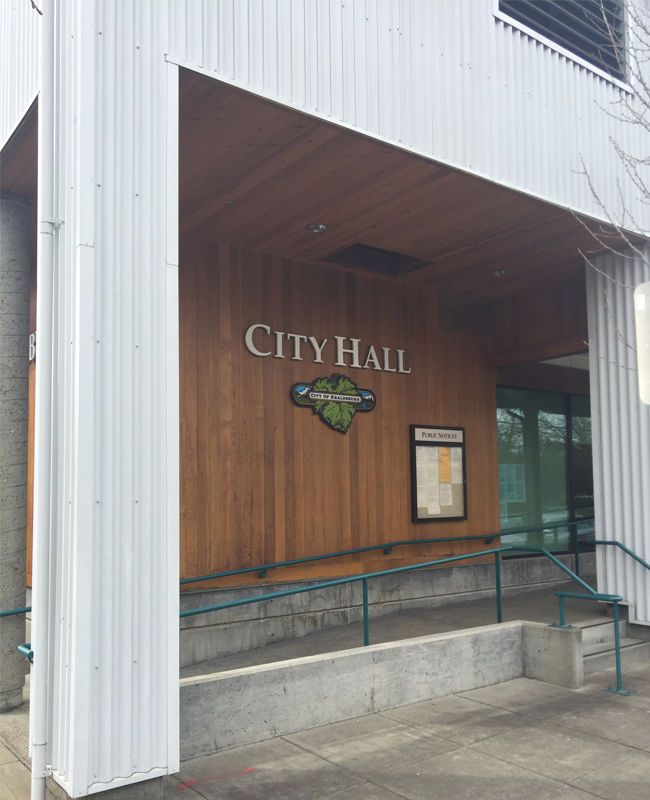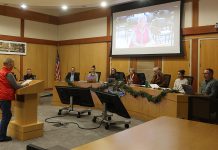Deadline near to make November ballot
The Healdsburg City Council will take up growth control again next week, at its regular meeting on June 18.
At its last meeting, the council reached a tentative consensus on what to ask voters this fall. The council agreed to ask voters to modify the current growth management ordinance (approved in 2000) in an attempt to fill gaps in the housing market that are making it difficult to both live and work in Healdsburg.
Last year, when the city adopted a Housing Action Plan (HAP), it adopted a goal to increase the percentage of people who live as well as work in the community, and apartments (defined by the city as “multi-family units”) was seen as a significant gap.
The GMO limits market rate housing to 30 units per year and even its supporters agree that it does little to provide the affordable apartment-type units that would provide more workforce housing.
After initially supporting a GMO change that would allow up to 60 units a year, the council quickly backed down to 50, after Jim Winston, the original GMO author and its most ardent defender, said he could support a 50-unit a year cap on apartment type projects.
Disagreement was evident when Winston said the 50 units a year would have to expire if unused and the council wanted them to “roll over” and accumulate.
Winston, the council and other speakers were not aligned about income limits, some favoring a renter income limit of 140 percent of the Area Median Income (AMI), the measurement that state uses to calculate affordability.
The city’s economic consultant, Walt Keiser, said that limiting projects to 140 percent of AMI would make many projects untenable for developers and most of the council leaned toward a 160 percent figure.
Speaker comments ranged from those who thought the emphasis should be on for-sale housing, not rentals, to those who worried that Healdsburg is running out of land and has to grow slowly.
The council agreed on the 50-unit a year concept, split briefly on 140 vs 160 and favored a three-year accumulation of units that they said would allow developers more flexibility.
Healdsburg City Attorney Samantha Zutler tried tinkering with a proposal for specific ballot language at the council meeting last week, but told the council she wanted to work on it further before next week’s meeting. The council is on a tight deadline to approve the language and have it prepared for an early August deadline to place it on the November ballot.
Healdsburg Mayor Brigette Mansell went along with the council consensus, but expressed her skepticism that the GMO amendment will help create workforce housing.
“I don’t feel that this will get us there,” she said. “This is more of a symbolic act. People with money will win; they’ll win because they have the resources.”
The city council will meet at 6 p.m. on Monday, June 18 at Healdsburg City Hall, 401 Grove Street. The agenda will be posted online on June 15 at cityofhealdsburg.org.









